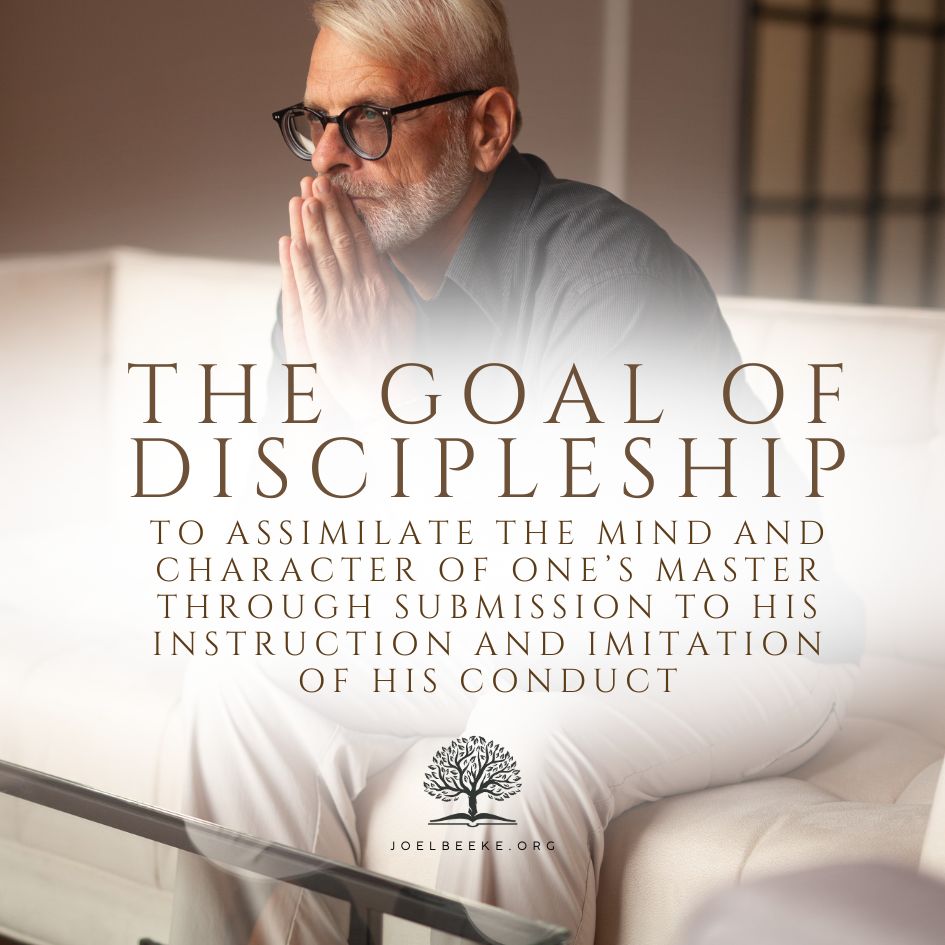
Though not all disciples of Christ are called to the study and teaching of theology, all theologians and teachers in the church must be disciples of Christ. The training of the first Christian theologians began when they heard Christ say, “Follow me” (Matt. 4:19; Luke 5:27). Christ “ordained twelve” to be his apostles, “that they should be with him” (Mark 3:14). Later, when the Jewish priests summoned Peter and John in order to call them to account, they marveled that these bold preachers had received no formal training in the rabbinic schools, but noted “that they had been with Jesus” (Acts 4:13). Your relationship with Christ is indispensable to theology.
The word translated as “disciple” (Greek mathētēs) means “student,” “learner,” or “one who is taught.” However, being a disciple of Christ is far broader than listening to or studying his teachings. The term disciple “always implies the existence of a personal attachment which shapes the whole life,” that is, a commitment to a life formed under the influence of a master.1TDNT, 4:441. The goal of discipleship is to assimilate the mind and character of one’s master through submission to his instruction and imitation of his conduct: “The disciple is not above his master: but every one that is perfect shall be as his master” (Luke 6:40). Thus, Christ says, “Whosoever doth not bear his cross, and come after me, cannot be my disciple” (Luke 14:27).
If you aspire to be a theologian, or claim to be one now, ask yourself this: Am I a faithful follower of Jesus Christ? Discipleship is not optional for a theologian; the only alternative is unfaithfulness to Christ. How will you ever be a Christian theologian if you are not first a Christian? John Owen said, “Epictetus would deny the title of philosopher to any man who was . . . not master of himself. . . . Let us never concede the title of theologian to any who is not a disciple of Christ.”2Owen, Biblical Theology, 6.4 (618).
Excerpt From
Reformed Systematic Theology, Volume 1
Joel R. Beeke and Paul Smalley







